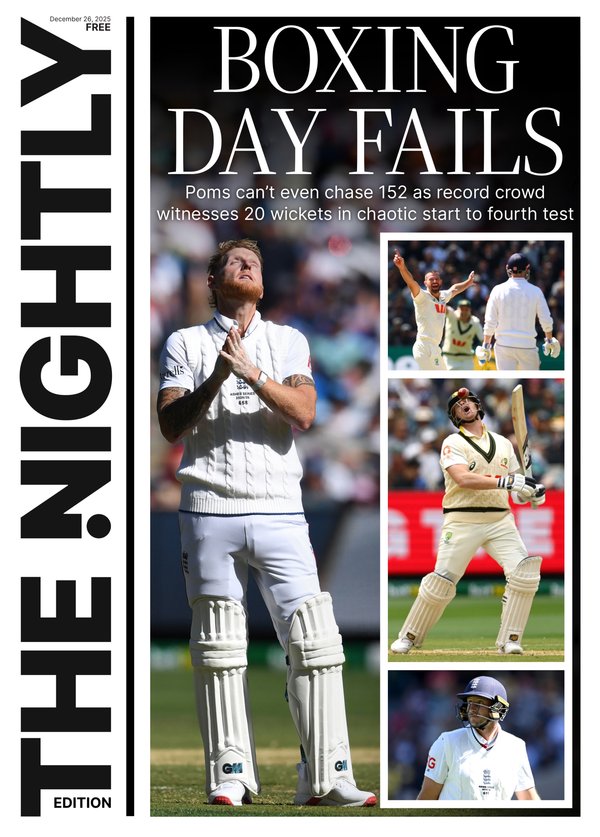Dating tips: How to politely decline a second date, according to a dating coach: ‘Ghosting is the worst way’

The one thing spookier than a bad first date is seeing your phone light up with a text asking for a second.
The “easy way out” of delivering the uncomfortable news that you don’t want to meet up again is to not respond, also known as ghosting, according to Grace Lee, a New York City-based dating coach and founder of A Good First Date.
But if the person took the time to see you in person, they probably deserve an actual response.
Sign up to The Nightly's newsletters.
Get the first look at the digital newspaper, curated daily stories and breaking headlines delivered to your inbox.
By continuing you agree to our Terms and Privacy Policy.“If someone outright asks you if you want to go on a second date and you don’t want to I think ghosting is the worst way to respond because the other person has really put themselves out there,” she said.
Here’s what to say if you aren’t interested in continuing a courtship.
‘A touch of honesty is always the best policy’
When declining a second date you want to be direct but not cruel, according to dating coach Blaine Anderson.
“A touch of honesty is always the best policy,” she said.
“You don’t need to list out all the reasons you’re not interested.”
Ms Anderson suggests replying with something like this:
“Hey [insert name], I really appreciated you taking the time to meet for a first date. I didn’t feel the romantic connection I was looking for and I don’t want to waste your time.”
Sometimes a person reaches out to test the waters, but doesn’t explicitly ask for a second date.
In that scenario, it’s still probably best to communicate that you have no romantic interest, Ms Lee said.
Within two responses you should say that you don’t feel a connection.
“Don’t lead them on,” she said.
“Put everyone out of their confusion.”
Sending the text will feel bad, but ghosting allows uncertainty to linger.
Because, like ghosts, loose ends can come back to haunt you.
“It’ll be awkward if you run into them in a professional setting or even personal one,” Ms Anderson said.
“So, it’s always best to close the loop.”
